When implementing Resolution No. 68-NQ/TW dated May 4, 2025 of the Politburo on private economic development (referred to as Resolution No. 68-NQ/TW), businesses are in great need of green credit capital to upgrade technology, switch to green production and implement environmentally friendly projects.
Key drivers
Mr. Nguyen Khanh Toan, Vice President of Binh Duong Renewable Energy Association, emphasized that Resolution No. 68-NQ/TW is expected to create institutional innovation to unlock social resources and enhance transparency and efficiency in attracting investment. A key content of the resolution is the commitment to improving the investment and business environment, protecting the legitimate property rights and freedom of business of people and enterprises. This is the foundation for private enterprises to have more confidence when participating in long-term and risky investment fields, specifically energy.
Resolution No. 68-NQ/TW emphasizes the development of science, technology and innovation, considering this a key driving force to improve productivity and competitiveness. In the energy sector, this can pave the way for the application of digital transformation solutions, energy storage technology, distributed and small-scale grids or smart consumption management platforms. Another notable policy is that Resolution No. 68-NQ/TW encourages credit institutions to change their lending methods, from relying on collateral to evaluating based on cash flow. This is especially meaningful for businesses operating in the energy sector.
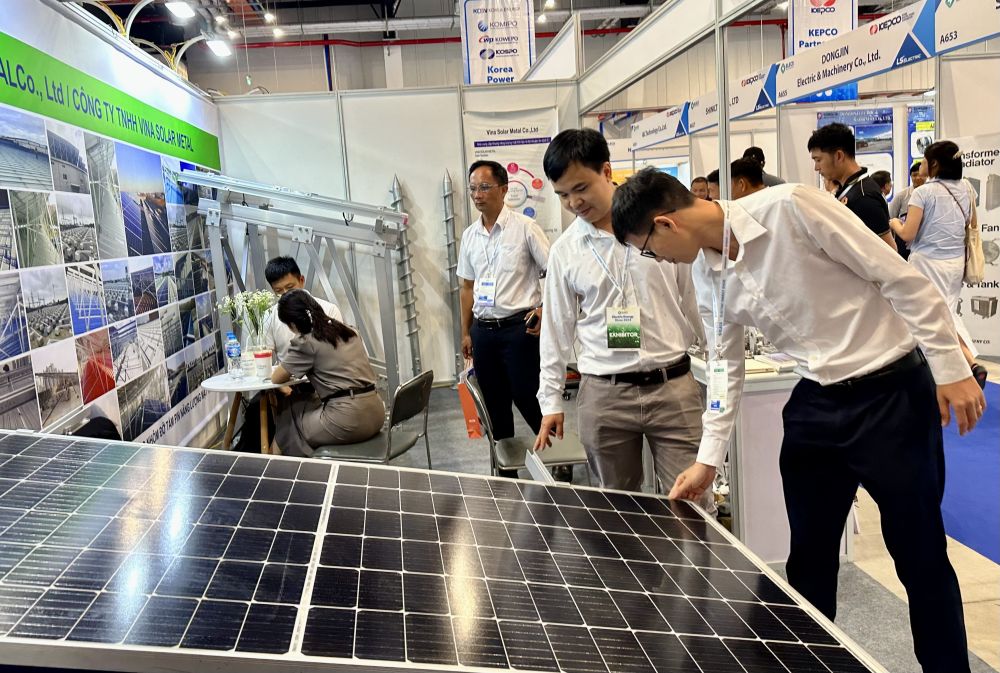
“However, in order for Resolution No. 68-NQ/TW to soon be transformed into concrete results, the energy sector needs to improve the internal capacity of the private sector itself. In addition, green credit capital is needed to invest in improving technology so that private enterprises do not just stop at the role of “latecomers”, but can rise to become the core force in the energy transition in Vietnam. At that time, green credit capital will be a strategic lever to help the Vietnamese energy sector move closer to sustainable development goals and a fair energy transition,” said Mr. Nguyen Khanh Toan.
According to Mr. Nguyen Liem, Chairman of Binh Duong Wood Processing Association, green transformation in the wood industry not only helps businesses comply with regulations but also opens up opportunities to access international capital and develop sustainably. Businesses need to quickly raise awareness of sustainability, apply sustainable forest management and improve technology to meet international standards.
Experts assess that green production is always associated with technology transformation, reducing energy consumption and reducing the need for human resources. However, many Vietnamese enterprises are facing difficulties in this process. The level of readiness for digital transformation of domestic enterprises is still low, mainly because technology transformation requires a large initial investment, while many enterprises cannot meet it. Along with that, many enterprises do not have a team of human resources with the necessary skills and technology to effectively carry out the transformation; production management and human resource management of many enterprises are still weak, affecting the ability to carry out the transformation... These are essential for enterprises to access green credit capital for sustainable development.
Specific regulations are needed.
According to experts, the Law on Environmental Protection has made a breakthrough by introducing two separate provisions on green credit and green bonds. Specialized legal documents on credit and bonds also have unified regulations for these two tools. Thus, the current legal framework is relatively comprehensive. For the market to operate effectively, it is still necessary to continue to improve the organizational system, policies and coordination mechanisms between related parties. Enterprises need to proactively discuss with banks about their credit needs, current situation, identify the work to be done, and at the same time be proactive in greening their operations... to be able to access green credit sources.
Green credit helps businesses access preferential loans to invest in green industries. However, according to Ms. Phan Le Diem Trang, Vice President of Binh Duong Textile and Apparel Association: “In my opinion, the issuance of a set of green criteria is necessary for economic sectors and businesses to have a clear orientation on the criteria they need to aim for in order to achieve green classification. This set of criteria is both the basis for the State to issue policies according to a suitable roadmap, and also provides guidance for the business community to soon have a strategy/plan to prepare for the value chain of businesses for different green development purposes (from input supply, production, market, access to green capital...). In addition, the issuance of a set of green criteria, including factors on climate change (greenhouse gas emissions) will clearly demonstrate the implementation of the Vietnamese Government's commitment to Net Zero by 2050 to the international community”.
For textile and garment enterprises, Ms. Phan Le Diem Trang said that enterprises need to proactively closely monitor the regulations of import markets, measure and report greenhouse gas emissions; proactively green management and production activities towards saving resources and reducing greenhouse gas emissions; proactively assess opportunities to switch to green products.
Mr. Nguyen Ba Hung, Chief Economist in Vietnam of the Asian Development Bank: In the coming time, Vietnam needs to complete the legal framework for green credit and improve the capacity of financial institutions; increase awareness and participation of businesses and people. Credit institutions cannot decide whether a project is green or not, so businesses must prove that they are green production. In addition, Vietnam needs to continue to attract and exploit international green capital. |
TIEU MY - ANH TUAN
Source: https://baobinhduong.vn/kinh-te-tu-nhan-don-luong-gio-moi-bai-cuoi-a348192.html








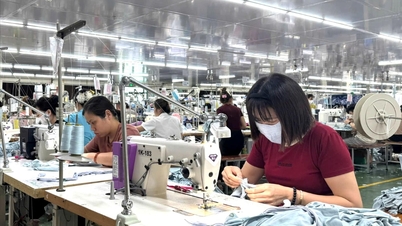

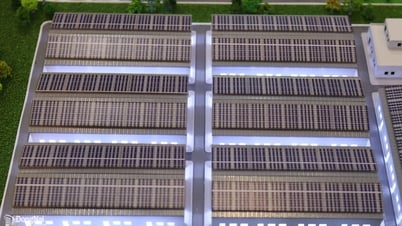

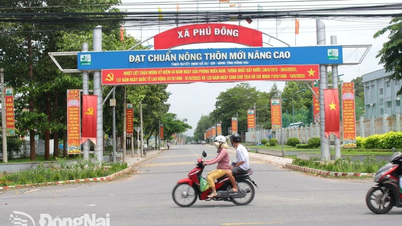
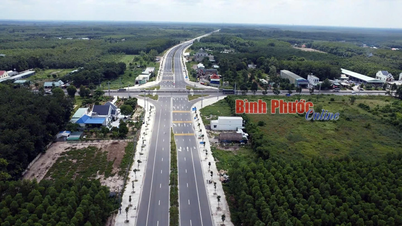








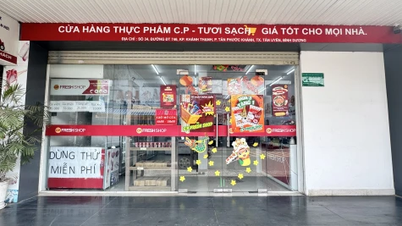


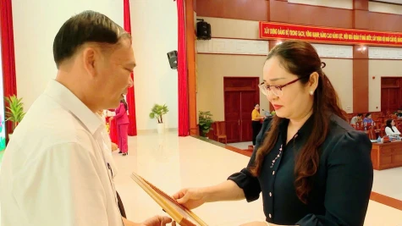
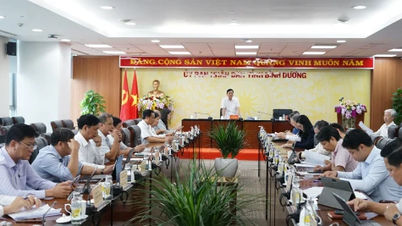




































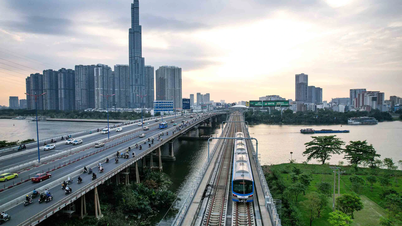



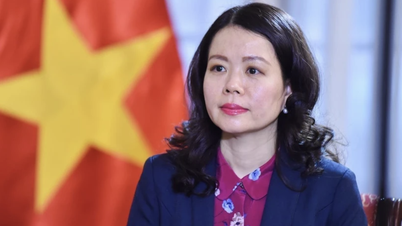












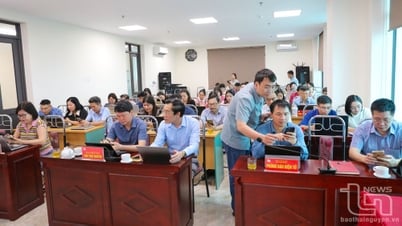














Comment (0)